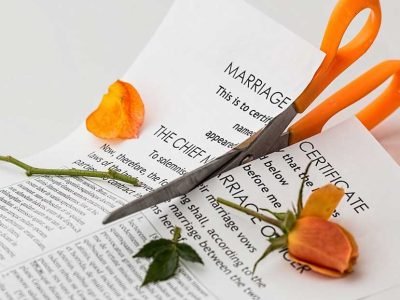Law enforcement agencies are expected to use their authority to protect the civilians and serve the community. But there have been incidents where the police have abused their power and harassed people.
Police harassment is a form of police misconduct that most people are not aware of. Some common cases of police harassment are actions like false arrest, discrimination, racial profiling, illegal detention, excessive use of force, or making sexist, racist, or homophobic comments.
If you have been a victim to such conduct by the authority, you can file a claim for police harassment after verifying the following:
- The official has shown a pattern of misbehavior; a single incident of misconduct is not sufficient for a police harassment claim.
- The official who caused the harassment lacked a probable cause nor had a warrant for arrest. If the victim is unable to prove that the police had no probable cause, or if the police in fact had a probable cause, or were believed to have a probable cause, then the court may dismiss the claims of police harassment.
- The excessive force applied by the official resulted in death or serious injuries. As there is no concrete definition of excessive force, the victim has the burden of proving that the amount of force used by the police in their situation was uncalled for.
The police usually enjoy legal protection in the form of ‘qualified immunity’ that protects them from lawsuits. However, this qualified immunity does not apply if the police have willfully demonstrated unreasonable behavior. According to the Civil Rights Lawyers in New York City, there are several important steps you can take to build your case of police harassment.
- Preserve all forms of evidence that show the misconduct. This includes photographic or video evidence from the scene of harassment, photos of your physical injuries as well as evidence in the form of clothes or objects that were damaged due to the incident. If there were any witnesses who observed the harassment, collect their contact information as their testimony can help your case.
- Contact a civil rights attorney immediately. Police harassment cases are typically complicated and sometimes difficult to try in court. Hence, it is imperative to hire a legal expert who can represent you.
- File a complaint with the police department, or the concerned government authority that oversees the law enforcement officials. Depending on the specific facts of your case, your attorney can also provide guidance on how these complaints affect your case.
Why Is It Important to Hire A Good Civil Rights Attorney?
Being a victim of police harassment can be an intimidating experience. It is strongly suggested to hire a knowledgeable civil rights attorney if you have been a victim of a police harassment incident.
A lawyer who has handled police misconduct cases in the past can help you smoothly navigate through your lawsuit. Moreover, an established attorney will have all the necessary resources to conduct an independent investigation and gather evidence that solidifies your case.












